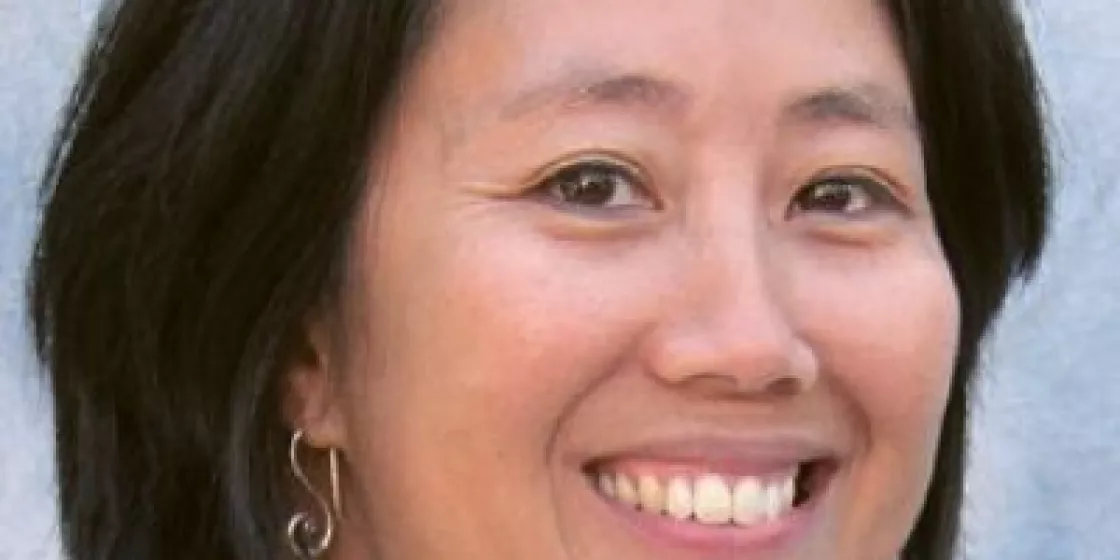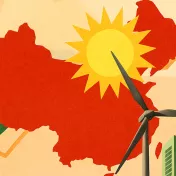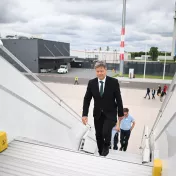You have been engaged with G20 and the Civil20 process since 2012. How do you perceive C20’s role and reach?
Civil Society engagement in the G20 process is essential to ensure that poor people can have a say in decisions that affect them. Southern voices within the C20 are especially critical to address global development challenges, given that a large share of the world’s poorest populations reside within G20 countries such as India and China.
CSOs in many G20 countries face growing repression. Can the Civil20 help to widen shrinking spaces?
The C20 has not always been successful in having strong CSO representation from across the G20, including from host countries. There should be more consistency to ensure participation from all G20 countries on an ongoing basis in future, including travel support for BRICSAM organisations. First and foremost, the G20 leaders should implement the crucial UN Human Rights Council resolution on civil society space, and cooperate fully with the UN Special Rapporteur on the rights to freedom of assembly and of association across all G20 countries.
What are central BRISCAM asks to the G20 concerning a just transition and implementing the SDGs?
I want to highlight 3 asks:
- The G20 should provide a road map on the delivery of commitments under Goal 17 of the SDGs. Operationalising the means of implementation and revitalising the global partnership for sustainable development are central enabling elements for reaching all SDGs.
- The G20 – or G19 – should reconfirm strong support for the Paris agreement and commit to its ambitious implementation, for example through a 100% renewable energy future by 2050 and making energy efficiency and renewable energy an infrastructure investment priority.
- All G20 countries need to do more to promote women’s rights and gender equality. Despite greater recognition of the importance of gender equality to inclusive growth, G20 policies continue to be largely gender-blind.
This year’s G20 focused on increasing women’s entrepreneurship, but more attention to the root causes of inequality and the broader issues that affect women’s rights and their participation in the economy is needed. We look to the Argentinian 2018 Presidency to steer the G20 women’s rights agenda in the right direction.
Mitigating Climate Change is sometimes still portrayed as concerning mainly rich countries while poorer nations should focus on development first…
Climate mitigation is no longer just a developed country concern. The notion that development and mitigation are incompatible is a flawed narrative. The capacity to transition to a low carbon economy is high in developing countries that are less entrenched in fossil fuels. As they are still charting their development path, it is easier to assume new methods and technologies. However, access to technology remains to be one of the biggest challenges. Developing countries’ capability to mitigate their current and future emissions is premised on the provision of the necessary means of implementation such as renewable energy technology.
The German Presidency had an Africa focus and launched a “Compact with Africa”. What is your take on that initiative?
The Compact with Africa is a technical document based on a “Business as Usual”, pre-Agenda 2030 approach to stimulating development. A view shared by African leads of the BRICSAM group is that by focusing on creating an enabling environment for investors first and foremost, the Compact for Africa is unlikely to deliver any real tangible benefits to African people; there is also potential to put the rights and interests of the most vulnerable and marginalised at risk.
If you could present one central ask to the German G20 presidency, what would it be?
That they find a way to get our global climate deal back on track!
Interview: Gerrit Hansen
Die deutsche Übersetzung dieses Interviews wurde in der Germanwatch-Zeitung Weitblick 2/2017 veröffentlicht.
The BRICSAM network
Since 2013, the BRICSAM “network of networks” cooperates to strengthen the collective capacity of CSOs from emerging economies to influence global level policy on inequality. Civil society organisations from the BRICSAM region (Brazil, Russia, India, Indonesia, China, South Africa and Mexico, lately also Turkey) also developed a joint set of G20 policy recommendations for the 2017 Civil20 Communiqué.
Civil 20
The Civil 20 is an official Engagement Group to the G20, similar to the Business 20, Labour 20, or Women 20. Civil 20 was first convened during the Russian G20 presidency in 2013. The actual scope and reach depends a lot on the acting G20 presidency. The German Civil 20 summit took place in Hamburg on June 18th and 19th, with representatives from more than 300 civil society organisations participating.




